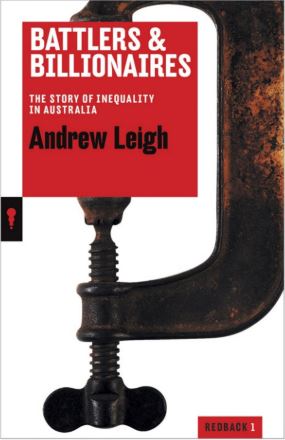Inequality
Previous Results of Inequality
INTRODUCTION
One of the most brutal tests of national identity was described by Gavan Daws in his study of prisoners of war. Looking at men who were 'barely functioning skeletons', beaten by their Japanese captors, weighing less than forty kilograms and surviving on less than 1000 calories a day, Daws imagined that national character would disappear.
Not so, he discovered. Among captured soldiers in World War II, Daws observed clear national patterns:
The Americans were the great individualists of the camps, the capitalists, the cowboys, the gangsters. The British hung on to their class structure like bulldogs, for grim death. The Australians kept trying to construct little male-bonded welfare states. [unlike Americans] Australians could not imagine doing men to death by charging interest on something as basic to life as rice. That was blood-sucking; it was murder. Within little tribes of Australian enlisted men, rice went back and forth all the time, but this was not trading in commodities futures, it was sharing, it was Australian tribalism.
Tom Uren, a prisoner of war who went on to serve in parliament, talked in his maiden speech about the difference between the Australian and British troops working on the Thai-Burma railway. The Australians, under the command of 'Weary' Dunlop, mostly pooled their allowances from the Japanese (officers received more than other men). They lived 'by the principle of the fit looking after the sick, the young looking after the old, the rich looking after the poor'. By contrast, the British each kept their own allowance and divided up their tents according to rank. When the wet season came, cholera and dysentery killed all but twenty-five of the 400 British men. As Uren put it, only a creek separated the camps, but it was the difference between equitable sharing and the law of the jungle.
From: The introduction to, Battlers and Billionaires, The Story of Inequality in Australia, by Andrew Leigh. https://books.google.com.au/books?id=fbkAAQAAQBAJ&printsec=frontcover&dq=9781863956079&hl=en&sa=X&ved=0ahUKEwi4m7Wa7cLaAhWJx7wKHfhAADQQ6AEIJTAA#v=onepage&q=9781863956079&f=true
